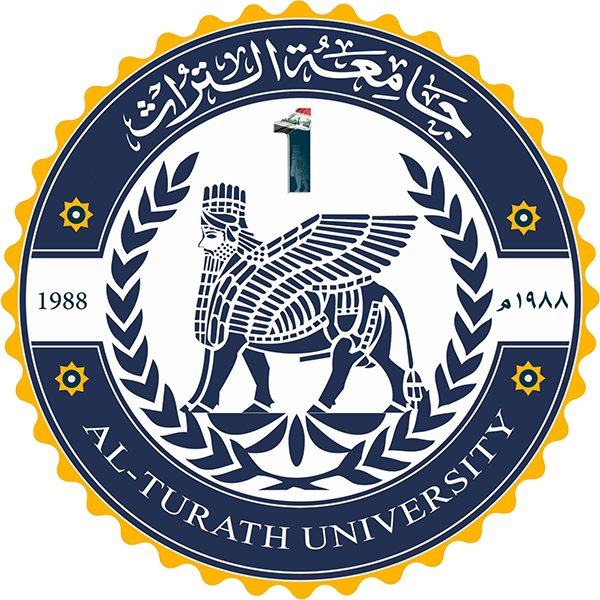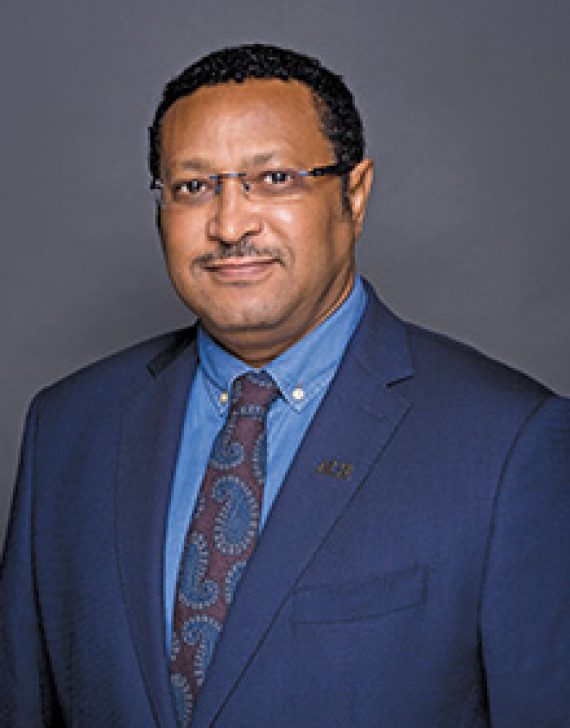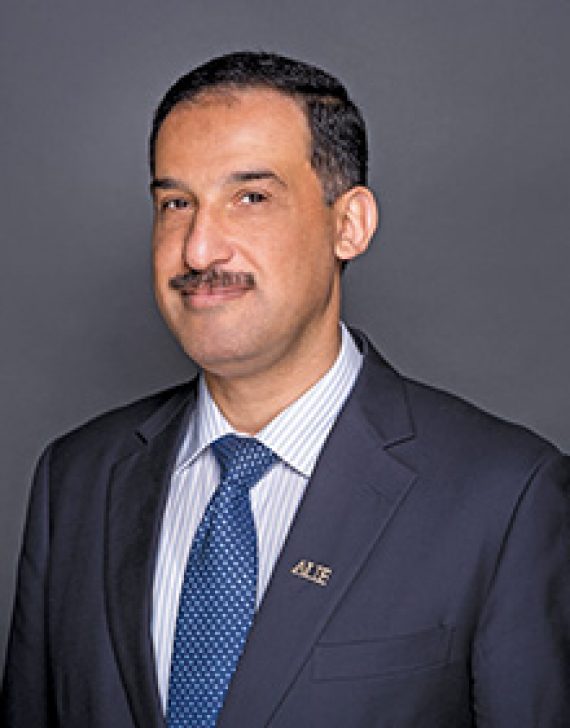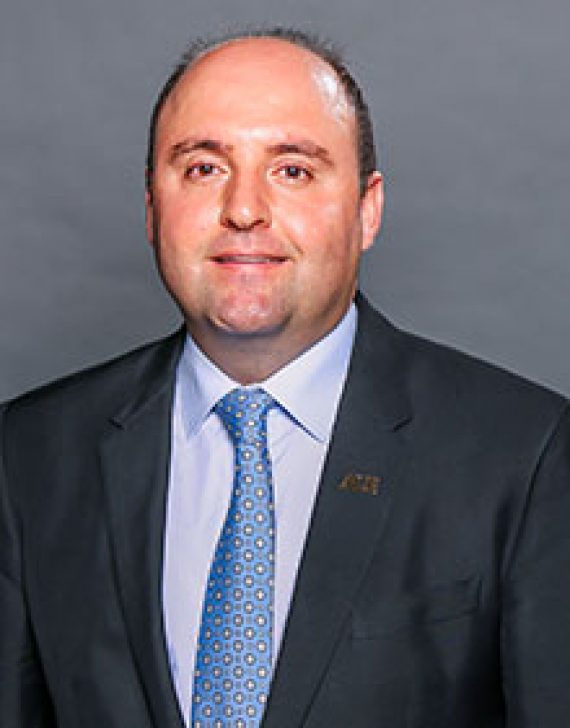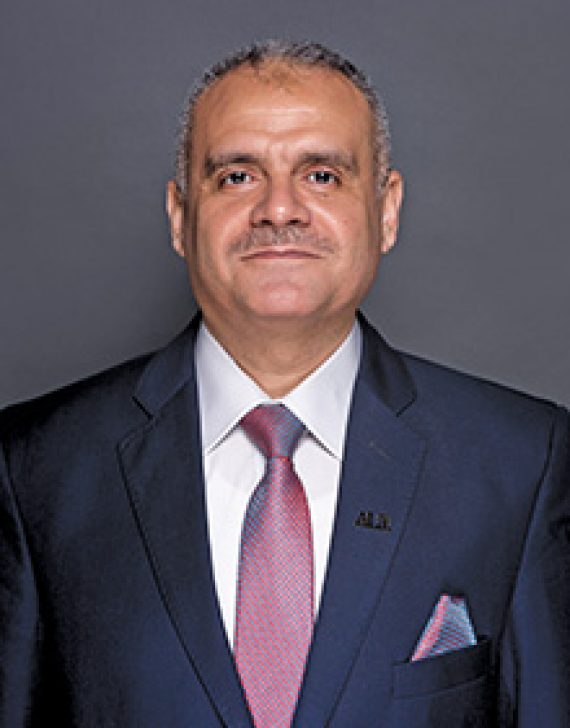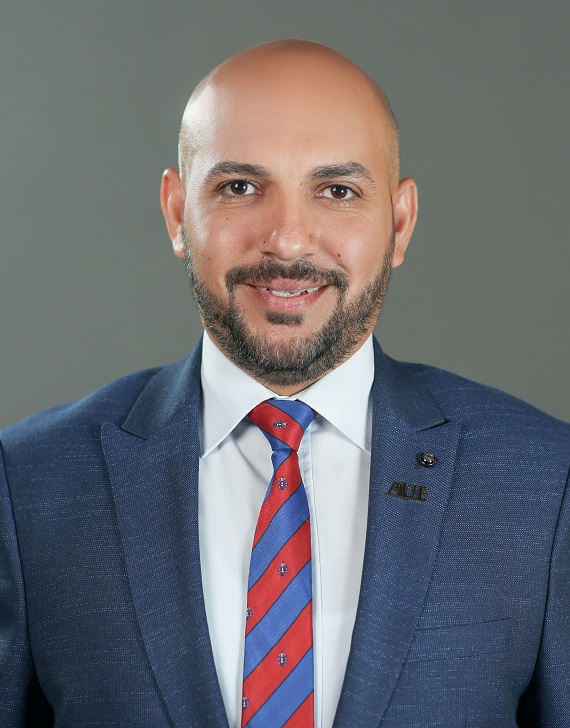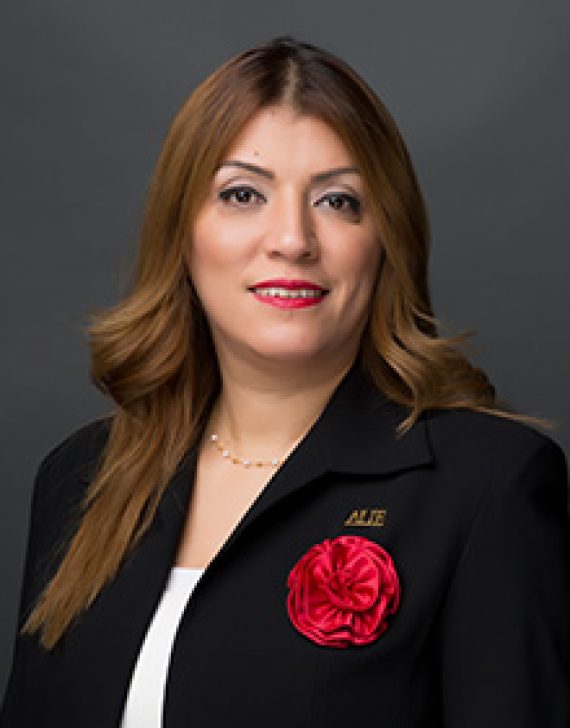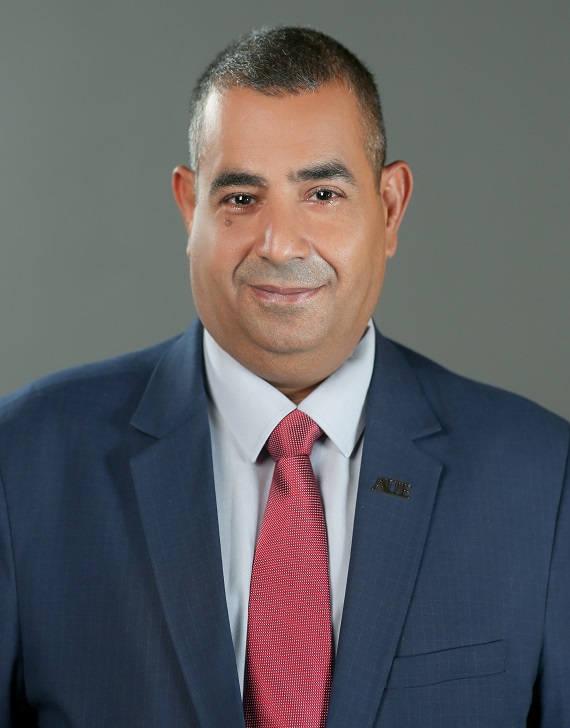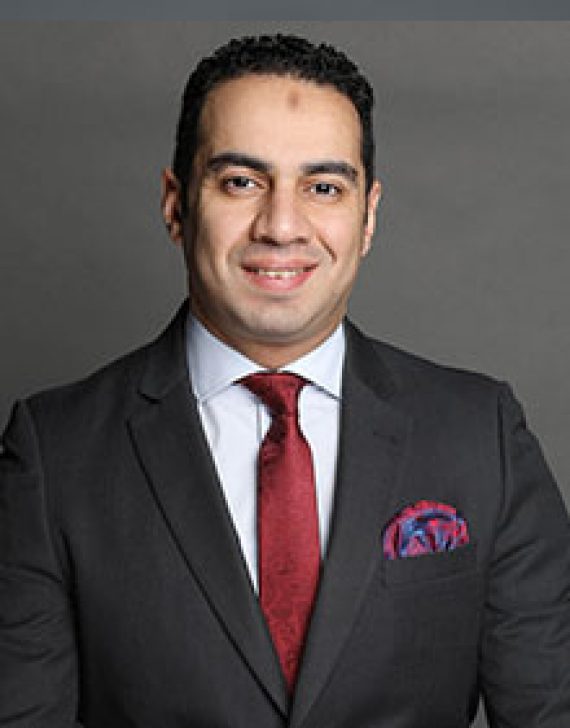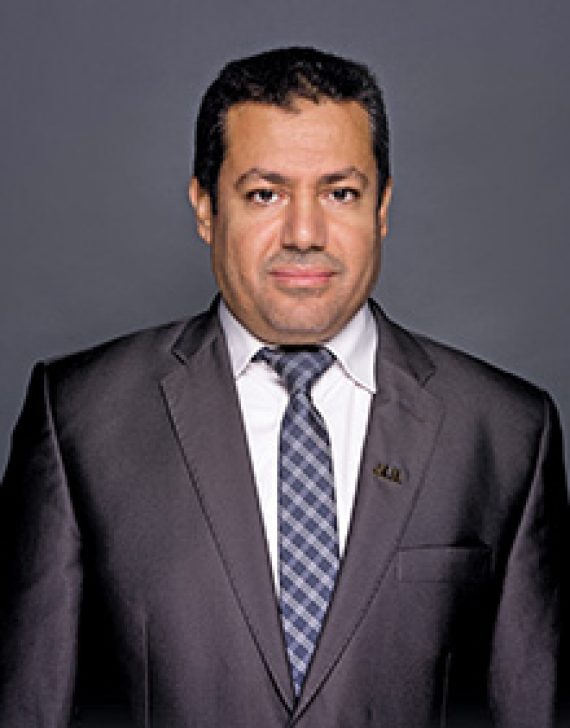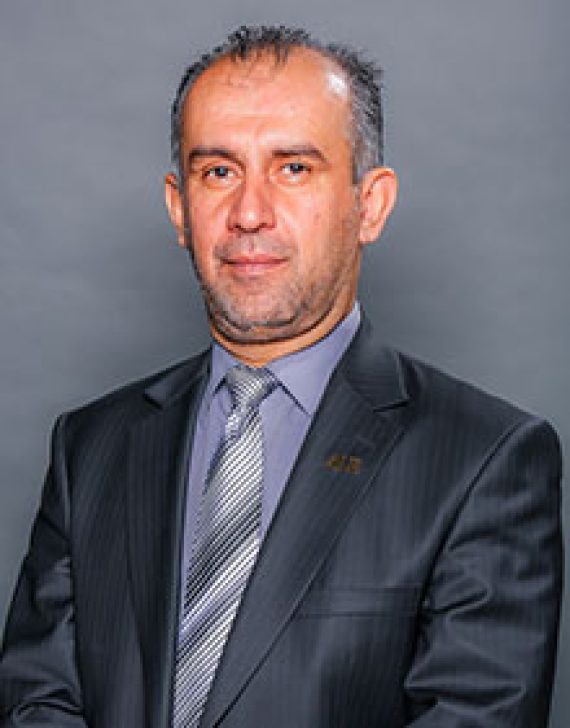Professional Master in Sports Law
- Overview
- Program Structure
- Accreditations
- Faculty
- Admission
-
Duration
2 Years
-
Classes
Weekday Morning Weekday Evening
-
Fees
Tuition (One Semester) ……… Approx. 42,000 AED
One academic year is two semesters
Admission (One Time) ……… 3,500 AED
About Program
This is a qualitative program in the College of Law and accepts graduates from outside the legal field. As the realm of Intellectual Property is pertinent to industrial and commercial sectors of all kinds, this specialization features a relatively diverse breadth of students.
This program qualifies graduates to work in the following fields/careers:
- Commercial and Industrial Corporations
- Legal Practice
- Government Economic Administrations
- Customs Authorities
- Corporate Legal Advisory
Program Goals
- Meeting needs of the local and regional market from experts and specialists in the various fields of intellectual property.
- Developing scientific research in the field of intellectual property in accordance with the legal rules valid in UAE through supporting Master’s theses, and emphasizing on comparative analytical studies.
- Establishing a legal center specialized in Gulf legal studies in the field of intellectual property to contribute to preparation of Master’s students in this field.
- Supporting the protection of intellectual property and making the academic program as the axis of the intellectual property development in the UAE and GCC countries through providing consultations, holding academic and occupational conferences for the stakeholders within the social service framework.
Program Learning Outcomes
- Explain the knowledge in the field of sports law in an in-depth and comprehensive manner, as well as the related rules and regulations in terms of national and international scope.
- Use constructive critical thinking skills to provide professional advice of legal relevance in the sports field related to the determination of the scope and jurisdiction of responsibility.
- Practice the drafting of legislation and the preparation of draft sports laws and regulations and national and international sports contracts.
- Develop innovative and smart solutions related to settlement procedures and resolving sports disputes.
- Analyze the contemporary knowledge of scientific research to be the basis for constructive critical thinking with knowledge of latest developments in the framework of sports laws and regulations.
- Use the basic skills related to the field of sports law in terms of his/her ability to analyze and interpret, which represents a complete ability to use them within the field of specialization.
Program Structure
Course Category
Bridging Courses
Core Courses
Elective Courses
Thesis 1
Thesis 2
Total (Excluding Bridging Courses)
Total Number of Courses
8
7
3
1
1
12
Total Number of Credit Hours
16
18
9
3
6
36 Credit Hours
- Bridging Courses
- Core Courses
- Free Electives
- Thesis
This Course aims in introducing students to the sponsorship of sporting events, marketing and investments in sports, which include broadcasting contracts, sponsorship contracts, advertising, betting, ticket offices, and sports tourism, which centers on a sporting event and the attendant hotel accommodation contracts, airline tickets and souvenir purchases, as well as the legal implications of all of this.
Additionally, the Course focuses on studying sports industry and the transactions that take place upon them, as the UAE LAW considers sports as a business. The prevalence of professionalism has turned sports into a business.
This Course covers topics related to the sports charters and the laws of some sports to ensure providing up to date legal and technical information. The charters and laws aims to ensure fair play and competition.
In football, for example, students will study the laws that ban all form of commercial advertising on the field of play, control the number of players and substitutes, and determine the use of yellow and red cards to discipline players.
Also, the powers and duties of a football referee include enforcing the laws of the game, making decisions, taking advices from his assistants, and providing the appropriate authorities with a match report on disciplinary action and any other incidents that occurred before, during or after the match. A football referee is not responsible for any losses incurred by others as a result of his decisions, and is authorized to show red cards to players in certain cases, including serious offenses such as violent conduct or an illegal and purposeful obstruction of a goal scoring.
Recommended Study Plan
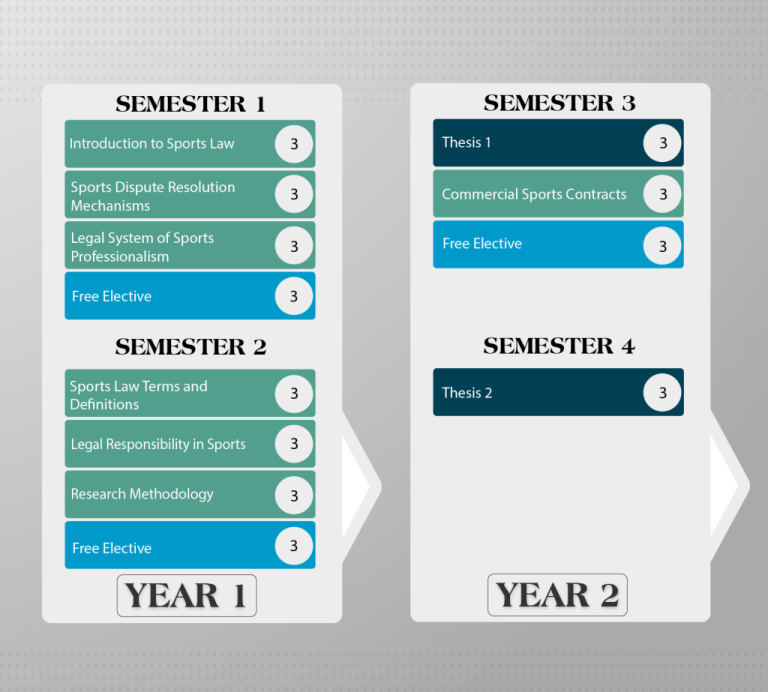
Accreditations
The American University in the Emirates is licensed by the UAE Ministry of Education – Commission for Academic Accreditation | caa.ae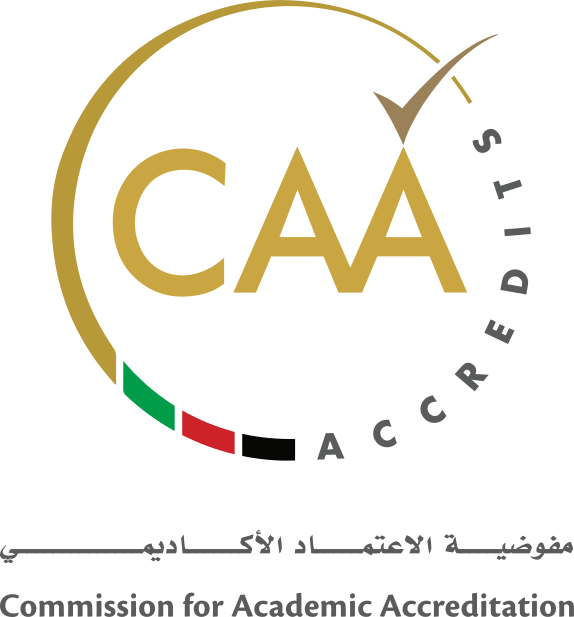
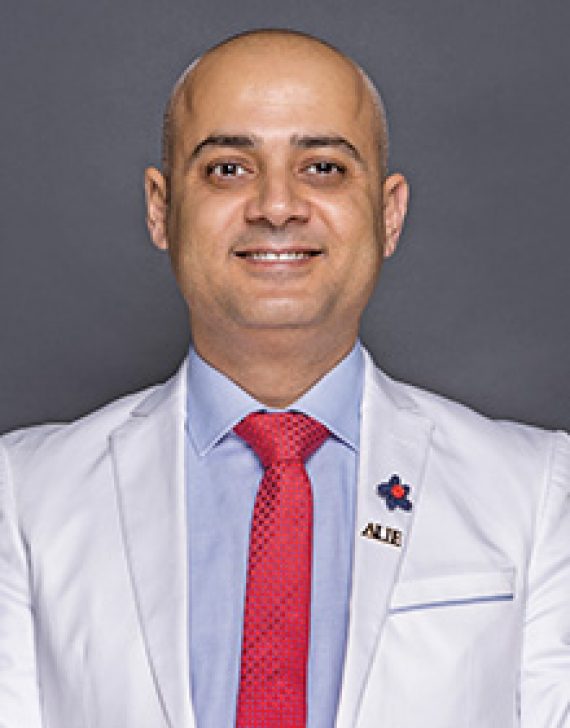
Prof. Amer Al-Fakhoury
Professor / Dean
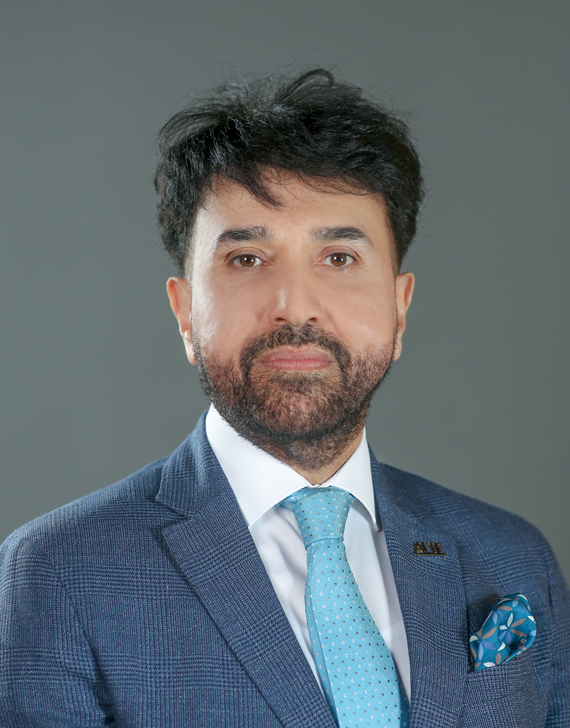
Dr. Qusay Al Falahi
Associate Professor / Program Director – Master in Arbitration
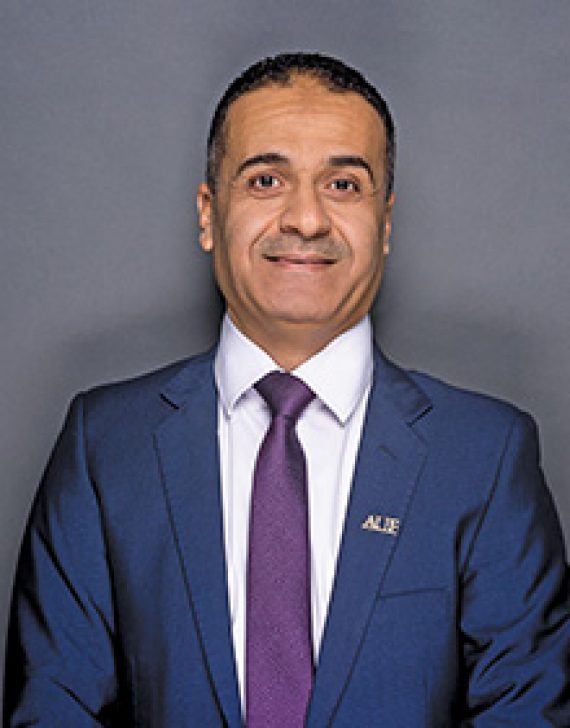
Dr. Ehab Alrousan
Associate Professor / Program Director - Master in Criminal Sciences
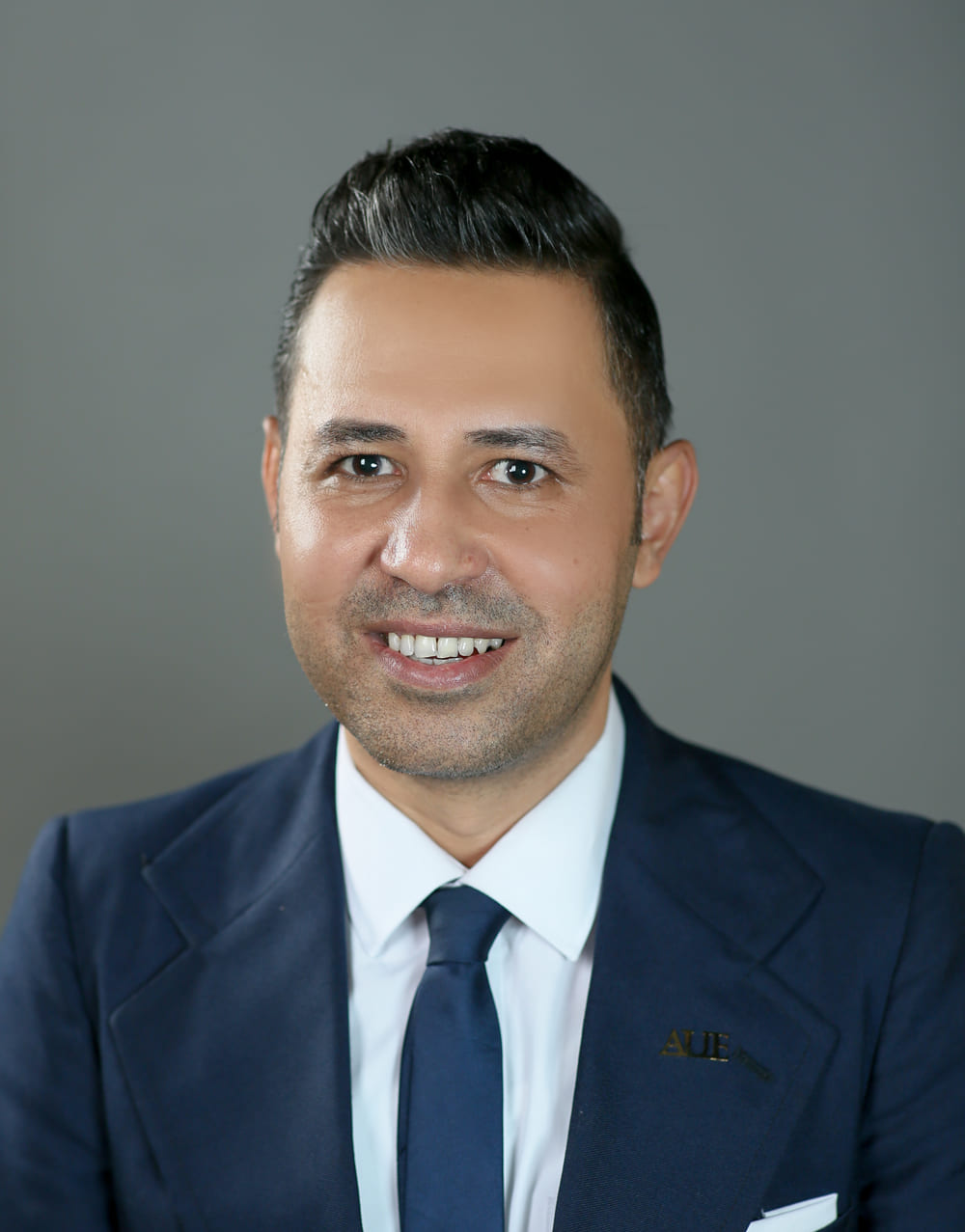
Dr. Naser Al Sherman
Associate Professor / Department Chair – Bachelor of Law
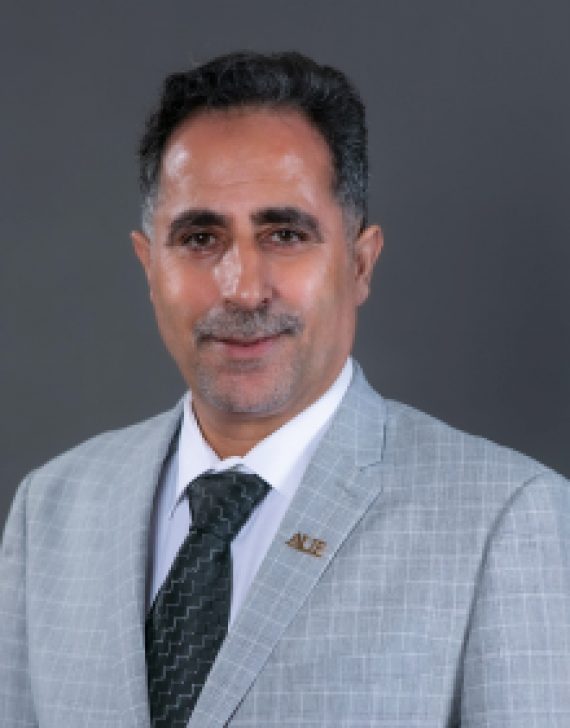
Dr. Nikolina-Ljepava
Assistant Professor / Department Chair of Management
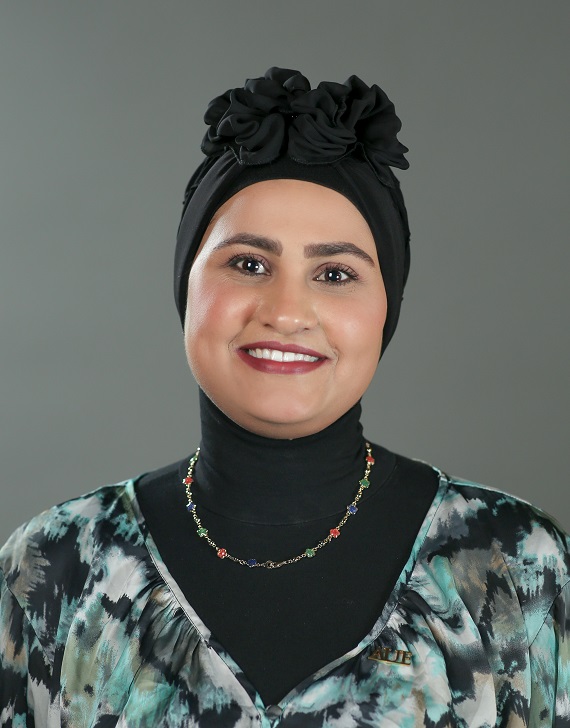
Dr. Dorsaf Arfaoui
Assistant Professor / Program Director - Professional Master In Sports Law
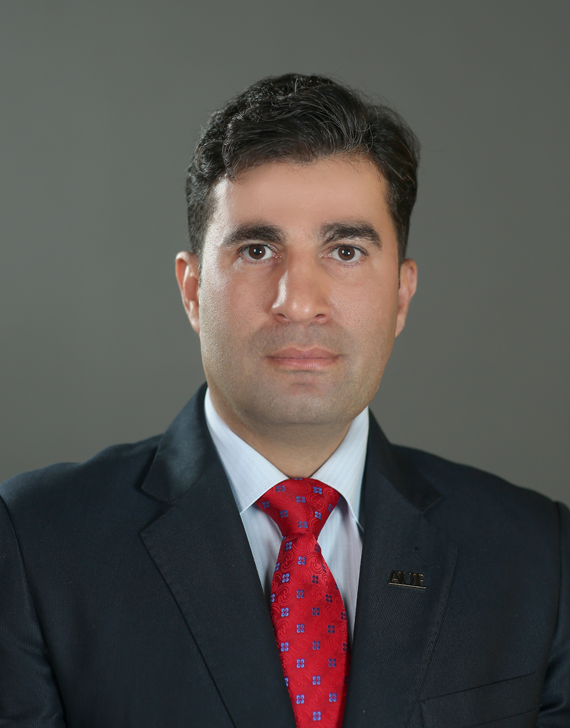
Prof. Rabih Chendeb
Assistant Professor / Specialization Coordinator - Logistics and Supply Chain Management
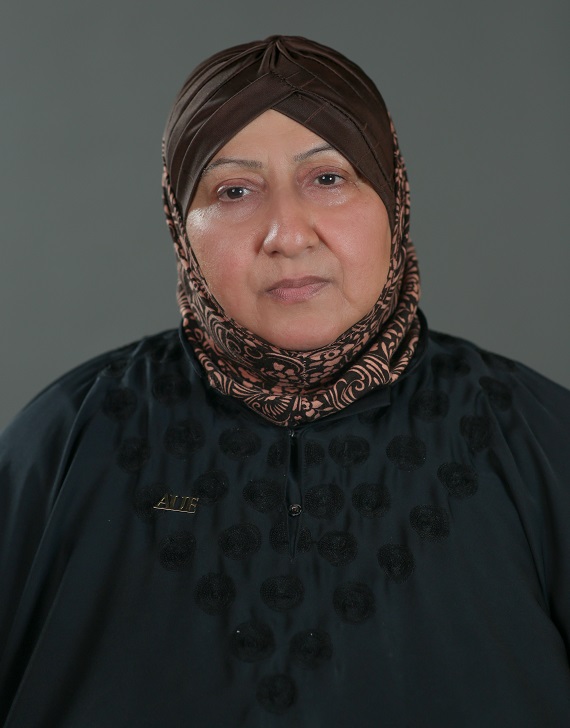
Dr. Inas Al-Khalid
Professor
Graduation Requirements
For graduate degree completion, graduate students must satisfy the following requirements:
- Earn a minimum CGPA of 2.00 on a scale of 4.00.
- Successfully complete all courses as described in the study plan.
- The Degree Completion requirements must be met within the timeframe of the program.
- Successfully complete the “Thesis” course.
Joining the Program
- Fall Semester
-
September
-
Spring Semester
- January
- Summer Semester
- May
